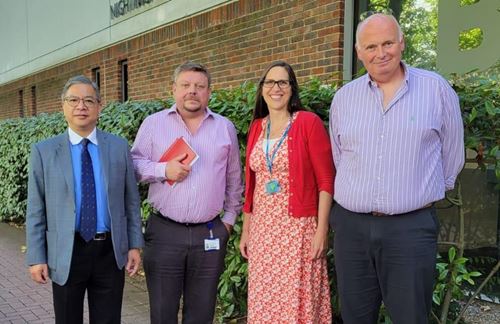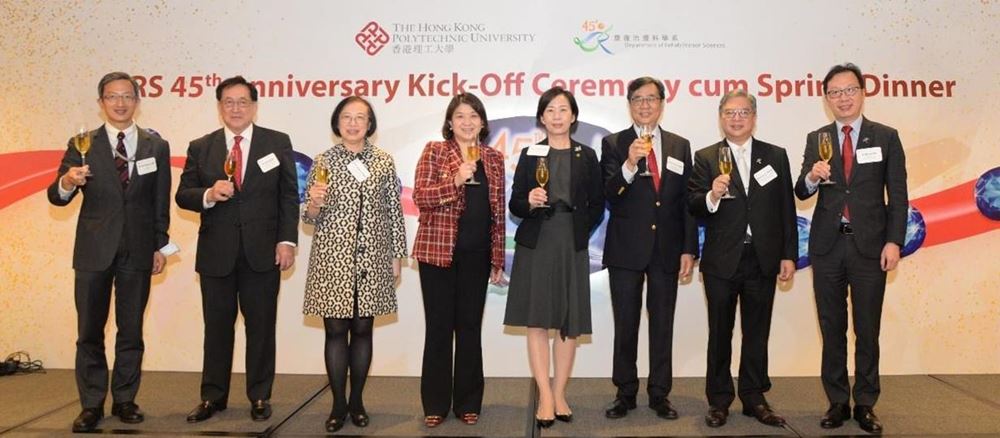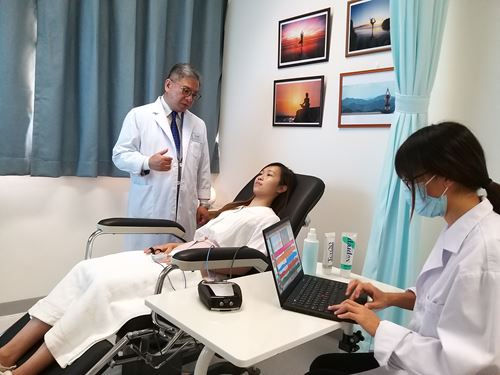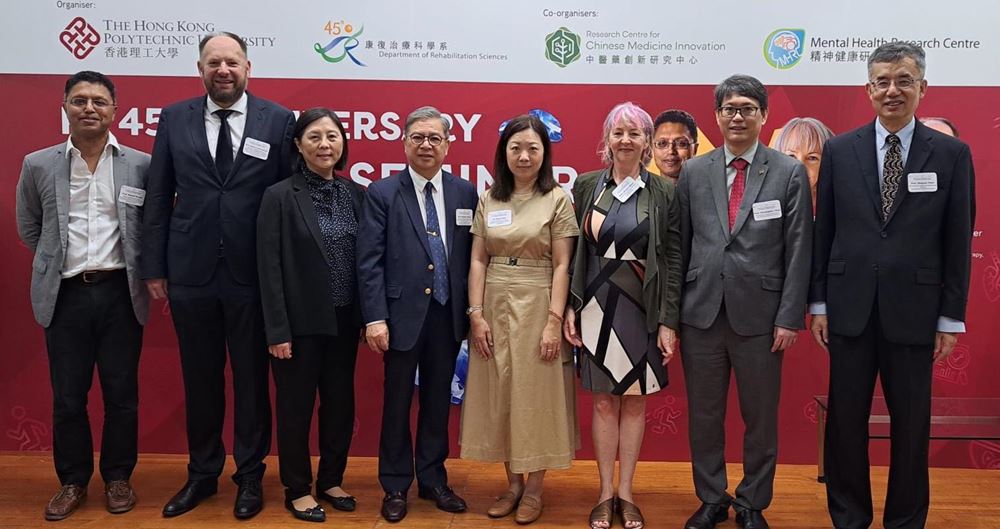It is best to treat the disease early before it takes hold
Negative emotions in everyday life may not be very severe at first, but they can snowball into a mental health crisis. Seeking professional help at the earliest stage possible and paying attention to the early signs of emotional disturbances can put a halt to the crisis.
Affect, behaviour and cognition are the ABCs in the field of psychology. They essentially highlight the links among human capacities: feelings, actions and thoughts. Prof. Tsang advises the community to stay alert for signs of poor mental health, and this applies both to taking care of ourselves and caring for others. His mental health tips very much correspond to the ABCs of psychology.
“At the individual level, losing interest in and motivation for doing things we usually enjoy is one of the early signs. Other changes, such as getting quieter, becoming less patient, ruminating on negative things, and experiencing poor quality of sleep that lasts over two weeks, are common among persons with emotional problems. Among all the changes, however, character change is the one that is most easily observed,” said Prof. Tsang.
“Poor mental health can also lead to cognitive impairment, including forgetfulness, slower reactions and work inefficiency. Bodily symptoms, such as fatigue, nausea, muscle tension, diarrhoea, stomach pain, insomnia, loss of appetite and overeating, may be experienced by some people,” he explained.
He re-emphasised the need for healthy stress management and seeking help. “Inappropriate ways of handling stress, like excessive drinking and smoking, can impact social functioning.”
Reclaiming peace of mind: Mindfulness in daily life
As a health researcher and practitioner, Prof. Tsang has been helping the community achieve greater well-being through his scholarly, clinical and engagement work. However, life as an academic can be very busy. Currently, Prof. Tsang has several leadership roles at PolyU: he is the Chair Professor and Head of Department of Rehabilitation Sciences (RS), and the Interim Director of the Mental Health Research Centre at PAIR. Prof. Tsang’s knowledge in the field has helped him to take good care of himself. He has been practising mindfulness for two decades.
“Mindfulness exercises can train both mind and body, and help a person to achieve mind-body peace. I have been practising a 20-minute, self-developed routine during the daytime and nighttime to help regulate my breathing and bring peace of mind. The routine combines yoga, eight-section brocade (Chinese qigong) and tai chi. This mindfulness exercise trains my body and relieves stress, thus helping me to manage my busy schedule in teaching, research and administrative work,” Prof. Tsang shared.
He also believes in the importance of work-life balance for a healthy lifestyle. “It is easy to neglect personal well-being while constantly maintaining a high standard of work,” Prof. Tsang continued. “I do schedule time for social activities, sports and hobbies that bring me joy and relaxation. Incorporating habits like listening to music and practising mindfulness into my everyday routine can also contribute to my overall well-being.”

Unravelling the complex world of mental health with an interdisciplinary strategy
The year 2023 marks the second year of MHRC’s operation since its inception in October 2021. It is also the sixth month since Prof. Tsang took up the role as the Centre’s Interim Director. There have been several major developments at the Centre, especially in external engagements and interdisciplinary research.
The Centre achieved great success in its very first participation in a PAIR Conference, held in May this year, and its research symposium attracted an audience of over 680. This December, the Centre is organising a distinguished lecture by Prof. Thomas Südhof, winner of the 2013 Nobel Prize in Physiology or Medicine. The Centre was also awarded several large external grants for its interdisciplinary projects. One of these is a HK$12.9 million university-wide mental health promotion project supported by the Seal of Love Charitable Foundation. Dr Grace HO, Associate Professor in the School of Nursing (SN), will develop a Resilient Students Training Hub (ReST Hub) to teach Hong Kong university students practical resilience skills for navigating, adapting to and coping with challenges and adversities in life.








